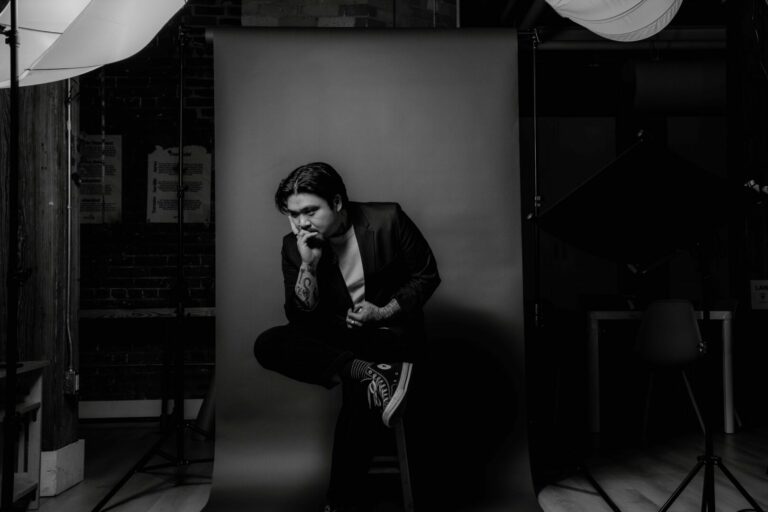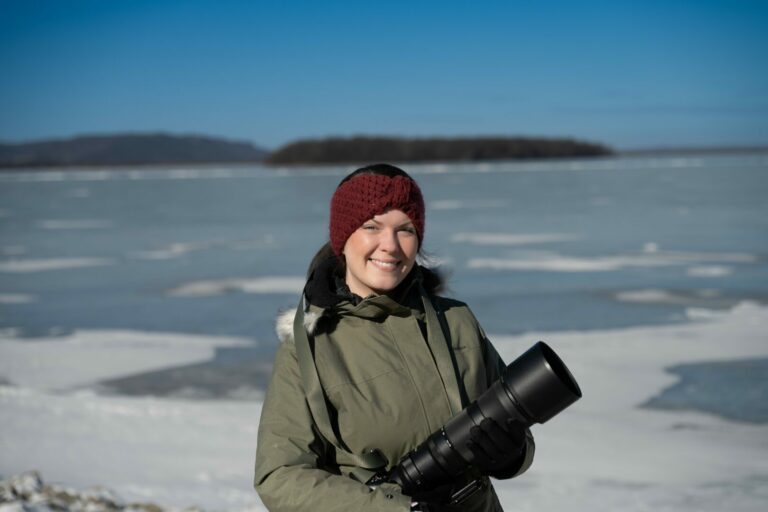Alright – so today we’ve got the honor of introducing you to Sterling Carter. We think you’ll enjoy our conversation, we’ve shared it below.
Hi Sterling, so excited to talk about all sorts of important topics with you today. The first one we want to jump into is about being the only one in the room – for some that’s being the only person of color or the only non-native English speaker or the only non-MBA, etc Can you talk to us about how you have managed to be successful even when you were the only one in the room that looked like you?
Since I was young, I was always aware whenever I was in spaces that lacked diversity, or in spaces with people that looked like me.
Whether it was in my personal, collegiate, professional or in my current career I often experienced being the “only” one in the room.
It was nerve-wrecking, stressful, anxious, and many times it like there pressure of feeling like the representative, the stereotype, a monolith for all people that looked like me. That future opportunities depended and relied on me being the “perfect” representative.
It wasn’t easy, and it’s still a learning process. I struggled with imposter syndrome, feeling like I had to change who I was, what I liked, and how I talked in order to fit in. For awhile it turned into me isolating myself, or trying my hardest to show that I was like everyone else.
This even trickled down into my work. I struggled with feeling like I had to create how everyone else created. That my journey had to mirror everyone else’s. Ultimately, I sum it up to feeling like I didn’t have my own voice.
The effectiveness and success in my opinion came from learning to value and embrace what made me “stick out,” what made me different. We can become accustomed to suppressing the qualities that make us unique, that we dim our light.
What I learned is that no one can tell my story better than I can. I’ve learned to be ok with honing in on what makes me different. It has allowed me to build and foster more genuine, and relationships. It has opened up doors that were meant to be opened by me.
There’s freedom in embracing what makes me unique. There’s a mantra of “being your authentic self” that can often be overused, but I’m a testament of that. It’s so much easier being me, as opposed to being someone else’s idea of me.
Thanks, so before we move on maybe you can share a bit more about yourself?
Since I was young, I was always aware whenever I was in spaces that lacked diversity, or in spaces with people that looked like me.
Whether it was in my personal, collegiate, professional or in my current career I often have experienced being the “only” one in the room.
It has been nerve-wracking, stressful, anxiety provoking, and many times has felt like I’m being called upon to be the representative for all people that look like me and that future opportunities depend on me being the “perfect” representative.
It’s still a learning process. I struggled with imposter syndrome, feeling like I had to change who I was, what I liked, and how I talked in order to fit in. For a while it turned into me isolating myself, or trying my hardest to show that I was like everyone else.
This even trickled down into my work. I struggled with feeling like I had to create how everyone else created. That my journey had to mirror everyone else’s. Ultimately, I sum it up to feeling like I didn’t have my own voice.
The effectiveness and success in my opinion came from learning to value and embrace what made me “stick out,” what made me different. We can become accustomed to suppressing the qualities that make us unique and in turn dim our own light.
What I learned is that no one can tell my story better than I can. I’ve learned to be ok with honing in on what makes me different. It has allowed me to build and foster more genuine relationships. It has opened up doors that were meant to be opened by me.
There’s freedom in embracing what makes me unique. There’s a mantra of “being your authentic self” that can often be overused, but I’m a testament of that. It’s so much easier being me, as opposed to being someone else’s idea of me.
Looking back, what do you think were the three qualities, skills, or areas of knowledge that were most impactful in your journey? What advice do you have for folks who are early in their journey in terms of how they can best develop or improve on these?
Networking- being intentional about making genuine connections and fostering relationships. Doing so not from a place of wanting a favor or something down the line, but genuine fellowship. Be ok with asking for help, or seeking guidance from older and more experienced professionals. Be coachable, or at least willing to hear and get other perspectives. Be open to feedback, because that is how you get better and grow.
Authenticity – Learning to embrace what makes me different and unique.
Integrity- I don’t think anyone can say they have never made a mistake. The integrity to acknowledge and admit when you make a mistake, to be transparent in that but also show how you will do better, I think goes a long way.
This is a 4th one, but business acumen. I know a lot of creatives who focus on the craft and forget about the business side of being an entrepreneur. Understanding contracts, your rights as an artist, protecting your assets (intellectual property, brand, etc.) is all very important and can be the differentiator of pursuing your passion as a hobby or making a living from it.
Advice I would give is to be intentional about your why, and always be a student of your craft. Don’t get caught up in comparing your journey to someone else’s highlight reel.
Speaker, Author, and Teacher Javier Sanchez talks about being driven by your passion and purpose over profit. Ever since I heard that, I’ve been intentional about living that out through everything I do. When I was focused on profit, I lost the passion and would often do things outside of my purpose. When I focused on passion, I sometimes lacked the business acumen to stay afloat in my business. When I focused on my purpose and aligned it with my passion, profit was still important, but it wasn’t my ONLY focus. It allowed me to be intentional with how I invested my time, when I focused on taking opportunities that aligned with my passion and purpose it was such a beautiful feeling whether I made money from it or not.
What has been your biggest area of growth or improvement in the past 12 months?
Setting healthy boundaries – learning how to professionally say no, learning how to value my time. Being willing to speak up and express myself.
Learning to be confident in my work, my expertise, and who I am as a person.
Being intentional about the projects I want to pursue.
Contact Info:
- Website: www.cartereffectfilms.com/welcome
- Instagram: thecartereffect
- Linkedin: https://www.linkedin.com/in/sterlingc/
- Youtube: youtube.com/thecartereffectfilms








Image Credits
Tyler Patterson (TP Cinematography) Mike Brown (MikeB Films) Sterling Carter (The Carter Effect LLC)




